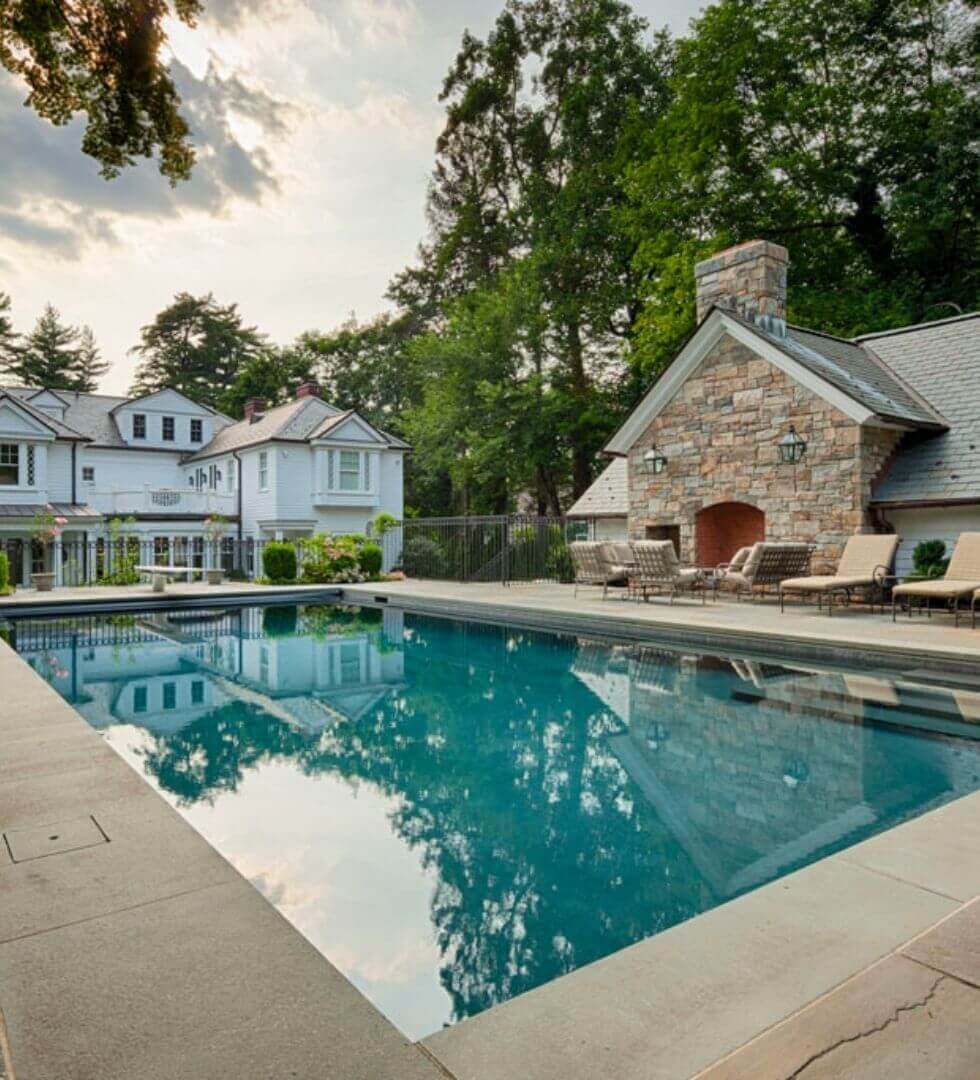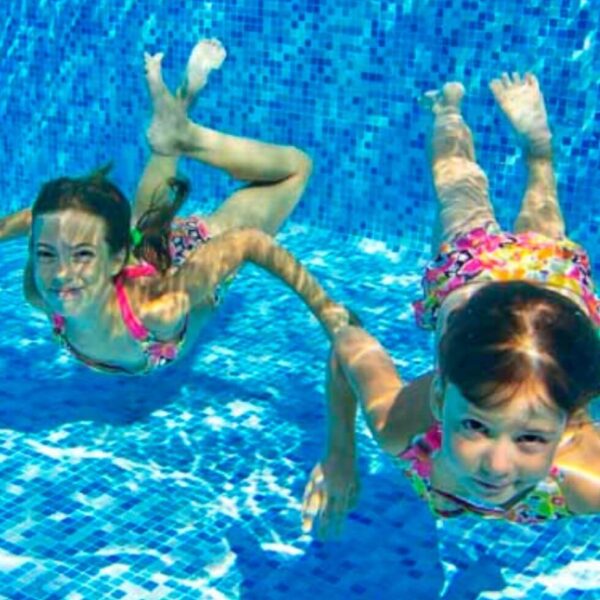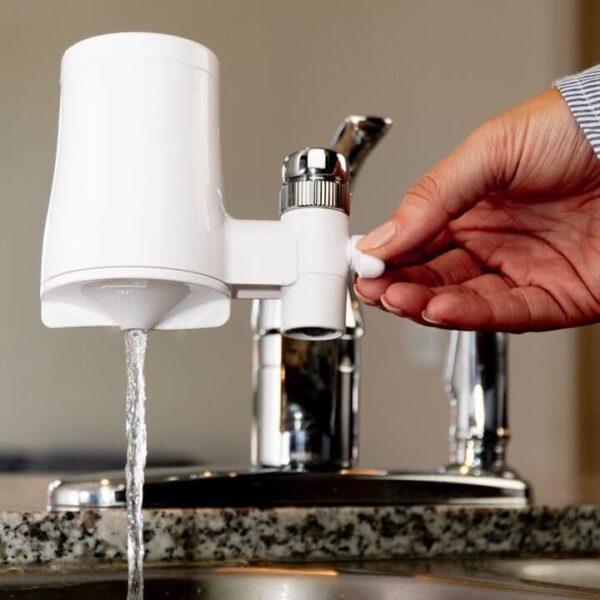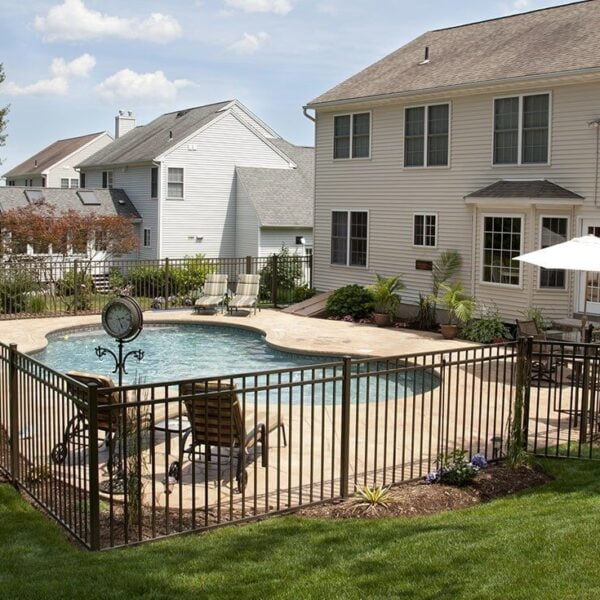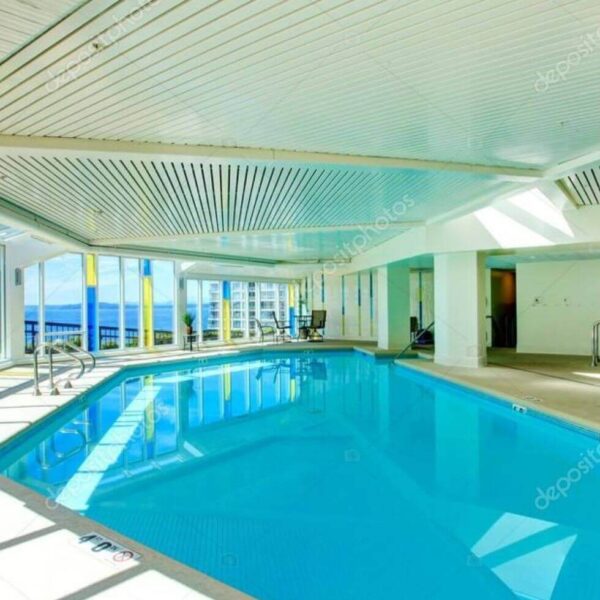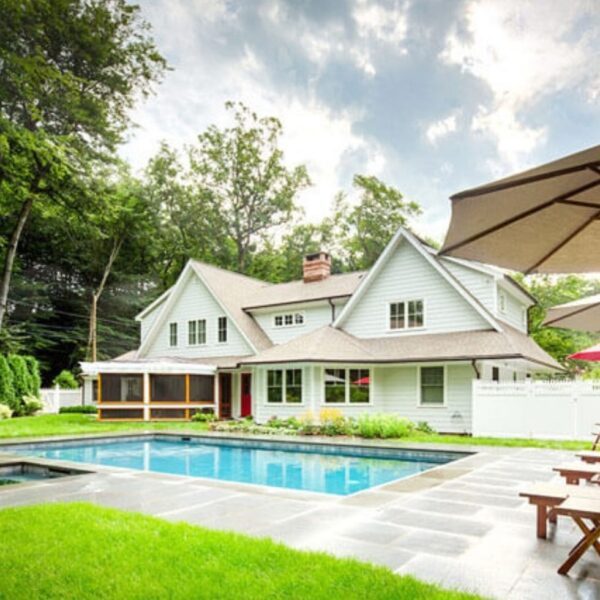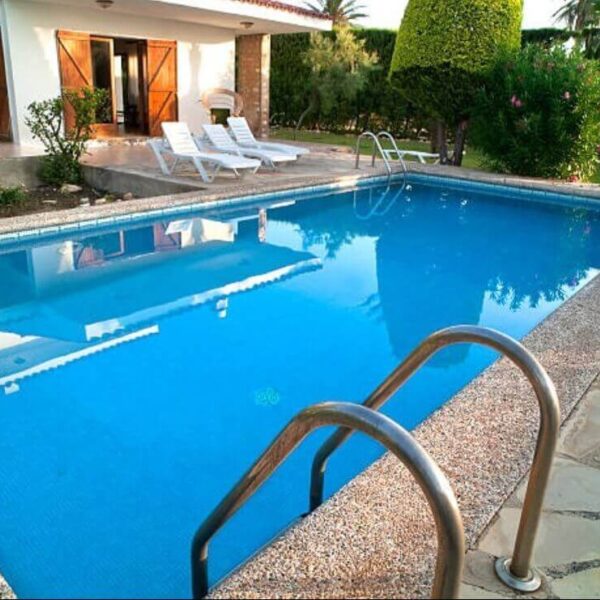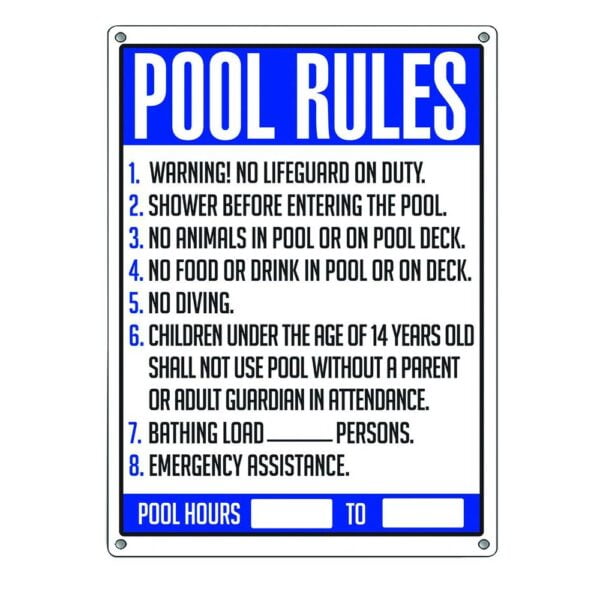The South Carolina residential swimming pool regulations are very clear and easy to understand. The regulations are to ensure your safety, the safety of your family, and the safety of anyone that will be using the pool.
It is important to take all the South Carolina residential swimming pool regulations explained in this article very seriously because should any issue occurred and it happened that you did not follow these rules, you will be held accountable for your actions.
Also, another reason to follow these rules and regulations to the core is because of the inspectors that will be coming to inspect the swimming pool when it’s completed.
If you did not follow the rules, the inspectors will know, and once they find out, it will delay the opening of the pool. You will have to correct whatever rule you ditched when building your home pool. This is why you should pay very close attention to these regulations. They are very important.
Table of Contents
South Carolina Residential Swimming Pool Regulations
In South Carolina, a residential swimming pool must have:
- A permit before the swimming pool construction is completed. To get the permit, you need to submit a plan of the swimming pool you wish to build to the appropriate authorities and have them approve it.
- Have a fence or other enclosure that is not less than 48 inches in height. As long as the residential swimming pool in South Carolina contains water more than 24 inches in depth, it should be surrounded by a fence.
- The swimming pool fence should be finished ground level measured on the side of the barrier away from the pool. The reason for this fence is to prevent a child less than 5 of age from accessing the pool in your absence.
- The swimming pool fence should not have a wide gap that can enable someone into the pool. It should not have a gap that can enable a child to get stuck on it.
- Also, the swimming pool should not have any protrusion or any physical characteristics that will serve as a foothold or handhold to assist a child into the pool.
- All residential swimming pools in South Carolina must have a gate attached to the fence or enclosure. However, the gate must be a self-closing gate. The gate should be able to close by itself after it is opened.
- The swimming pool gate must also have a self-latching device for keeping the doors or gates securely closed at all times.
- The swimming pool gate must have a locking device that is always locked when not in use. This is to avoid your children from accessing the pool in your absence. You are also enjoined to keep the key far from the reach of your children.
- A residential swimming pool owner must pay close attention to the electrical codes. Just like you need a permit to put containers on your property, you must obtain a permit to use electricity in your pool. The electrician that will do the wiring for you will know all the requirements. Don’t forget to bring it to his attention.
- If your residential swimming pool is a non-inflatable swimming pool, Some cities in South Carolina, like the City of Aiken Zoning Ordinance mandates people to ensure it is located in the side yard or rear yard of the residence.
DISCLAIMER: We are not Legal advisor neither is this information an official version of the regulations. it is important to note that these South Carolina residential swimming pool regulations are subject to change at any time, you are, however, advised to contact your city building authorities to get more information.
Remember that sometimes, local residential swimming pool regulations tend to differ yet similar to that of state and federal. For this reason, verify if your local or city has a code or rules pertaining swimming pool. If they do have, you’re advised to use them instead of the state or the federal.
Sometimes, local authorities can create their own rules if they feel the state and federal are lacking in some aspect. However, the rules created by them cannot change the whole code but will fill it up and make it suitable for the city.
You can also add a notification alarm to your swimming pool. The alarm will alert you anytime someone trespassed into the swimming pool without your permission. It can also alert you when your child enters the pool when you are away. You can talk to the contractors handling your swimming pool for this alarm thing. It’s a great idea. Remember, safety first.
Do You Have to Have A Fence Around Your Pool in SC?
You must have a fence that is not less than 48 inches around a swimming pool with more than 24 inches of water in South Carolina. The fence must not have a wide gap, must not have a protrusion that serves as a foothold or handhold, and must have a self-closing gate.
Do You Need a Permit to Install Swimming Pool in SC?
You need a permit to build a public and residential swimming pool in South Carolina. It ranges from building permits to electrical and plumbing permits. To obtain this permit, you must submit a clear plan of the type of swimming pool you wish to build in your residential home for approval.
Once the permit is approved, you can go ahead with the construction of your swimming pool. If you are in Florida, you can check out the swimming pool regulations in Florida.
Final Thoughts
From the above South Carolina swimming pool regulations explained in this article, it is already obvious that the rules are to keep you, your family, and anyone that will be using the pool safely. It is not to make you not have a pool in your home, but to ensure you have a pool that is safe since children and the elderly are in the house.

